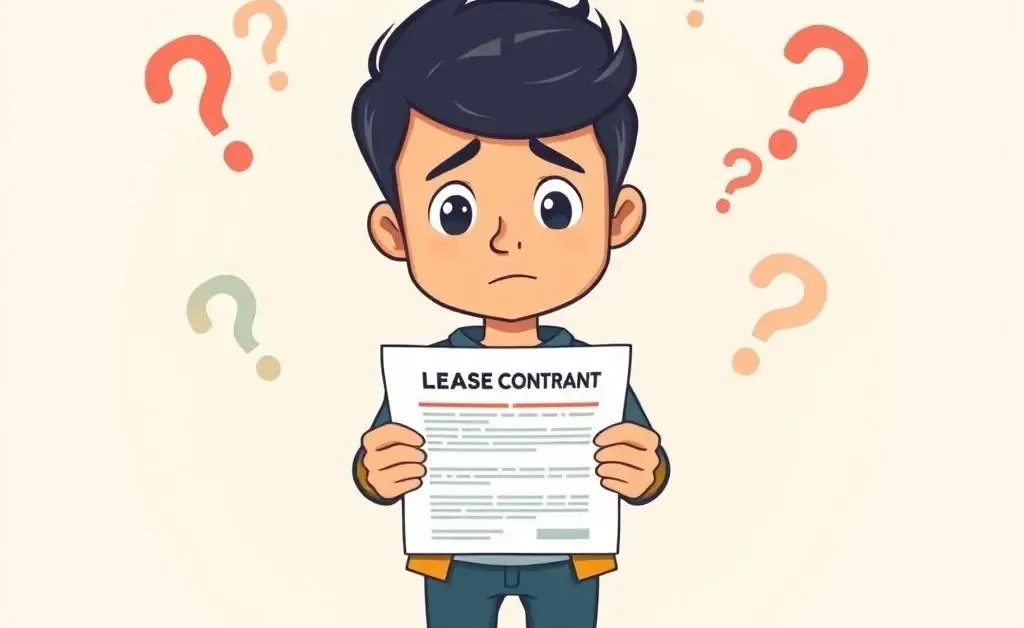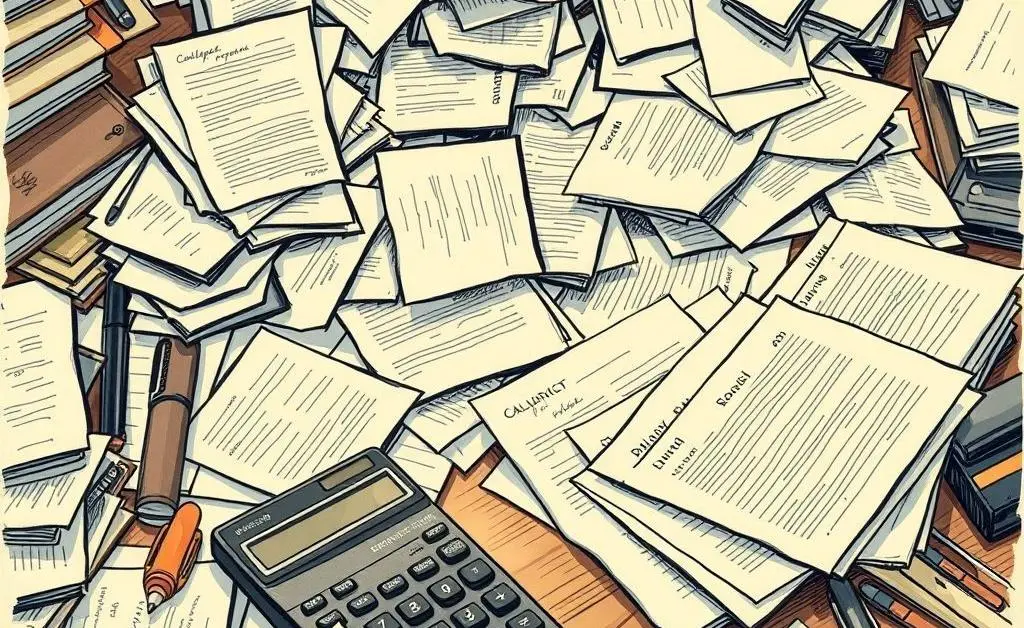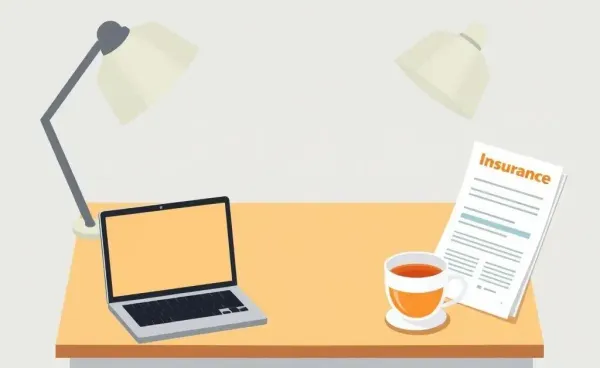How to Gracefully Exit a Lease When Life Takes an Unexpected Turn
Discover practical steps for leaving a lease without stress or penalties.

You've signed a lease, settled in, and then—life does its thing. You're faced with an unexpected job move, a sudden financial crunch, or maybe a personal situation that requires you to relocate or downsize. Whatever the case, you're not alone. Renting can get complex, but there are viable ways to step out of a lease without landing in hot water.
Why Breaking a Lease Happens
Weirdly enough, life never asks for our opinions when tossing these sudden curveballs, does it? These situations can arise due to:
- Job relocations
- Unforeseen financial changes
- Personal emergencies
- Changes in family dynamics
When facing these, what's crucial is knowing your options.
First Steps: Review and Communicate
Before making any moves, dig out that lease agreement. Underline or sticky note every clause that discusses early termination or lease-breaking. Once you're armed with the facts, it's time to have a chat with your landlord. It may feel daunting, but framing it as a conversation rather than a confrontation can make all the difference.

When I was stuck in a tough lease with a sudden job shift across the country, I invited my landlord to discuss potential solutions. Over coffee, we explored terms, and I discovered more flexibility than I'd imagined.
Possible Solutions: Subletting and Lease Transfers
If your lease agreement is as rigid as it feels, subletting might be a way out. This allows someone else to take over the lease for the rest of the term. It's a win-win: you exit gracefully, and your landlord continues to receive rent payments without interruption. Just make sure the new tenant meets the approval of your landlord.

Consider Negotiating a Break Clause
Not every lease includes a break clause, but asking for flexibility or negotiating a fair fee for early termination might just appease the landlord. Offer to help find a replacement tenant or negotiate down the penalty fees if you can.
Legal and Financial Considerations
Worst case scenario: what if your landlord doesn't budge? Make sure you understand the legal implications of breaking the lease. Some local tenant rights organizations offer free consultations that can provide guidance on how to handle difficult landlords legally.
Still feeling stuck? Here's a quick plan of action:
- Read and reread your lease.
- Communicate openly with your landlord.
- Explore subletting or lease transfers.
- Consider legal advice if needed.

In Conclusion: Your Next Steps
Breaking a lease isn't always easy, but with a clear plan and good communication, you can step away gracefully. And who knows? This challenge might lead you to a better-fitting home and neighborhood. What creative solutions have you discovered when facing a housing hurdle?




